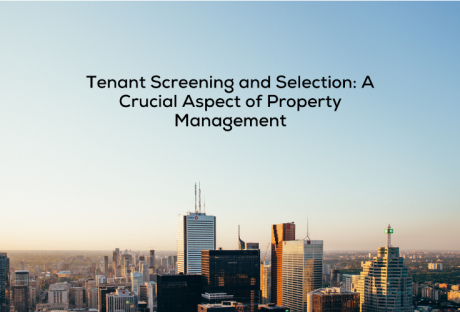Toronto is hot right now. It’s the fourth-largest in North America, trailing only Mexico City, New York and LA, and finally getting the recognition it deserves. It has been name-checked in hit songs (thank you, Drake), won recent pro sports titles (thank you, Raptors), and was dubbed by the New York Times as the “Quietly booming tech town” to rival Silicon Valley.
It’s no wonder people are moving to Toronto in droves. In this article, let’s equip you with a few basic details about buying a home in the Six.
Key Players
If you aren’t Toronto-born-and-bred, you may feel at a disadvantage breaking into the challenging real estate market. But shake that feeling aside. While you might feel bombarded with choices for representation, a little research will clear the air. You can check out what’s widely regarded as the best real estate company in Toronto at the link provided.
Toronto Real Estate: An Overview
The first thing to know about Toronto real estate is that, compared to other North American markets, it’s relatively expensive. According to Oxford Economics, the city joins other buzzing markets like Vancouver, LA and NYC as one of the priciest places for housing on the continent. But the trade-off is worth it: Torontonians enjoy low crime rates, clean civic spaces, abundant amenities and a world-class transit system.
As you dip your toes into Toronto home hunting, keep a close eye on market fluctuations. After a series of Bank of Canada rate hikes, demand showed signs of slowing early this year. However, by April, local news reported a rebound with a 44% rise in the volume of sales month over month. It’s impossible to tell where the market goes from here (likely up), so work with an experienced real estate company to determine the ideal time to strike.
A Lay Of The Land: Hot Spots And Up-And-Coming Neighbourhoods
Toronto is a city of neighbourhoods, each with its own flavour, cultural/historical significance and demographic makeup.
Hot spots in the western part of the city, like Queen West, Ossington and Parkdale, skew younger – with young professionals rubbing elbows at swanky bars and hip eateries. Meanwhile, hot spots to the east like Leslieville, Beaches and Danforth Village sport more of a family feel –with sprawling parks, good schools and all-ages venues. Dotted throughout downtown Toronto, you’ll also find cultural neighbourhoods and ethnic enclaves: Chinatown, Little Italy, Koreatown, Little Portugal and Little India, among others.
If you head a little outside of the dense central areas, you can find up-and-coming neighbourhoods. These include Scarborough Village, Bloordale Village and the Junction Triangle. However, a word of caution: For up-to-date information on smart real estate opportunities, don’t rely on an internet article as trends are liable to change; instead, ask knowledgeable professionals about their choices for the best up-and-coming areas to buy.
Toronto is booming – and, by all indications, it will continue to boom in the coming decades. To strike while the iron’s hot, connect with expert real estate agents and buy your slice of the big city.
Read Also:























